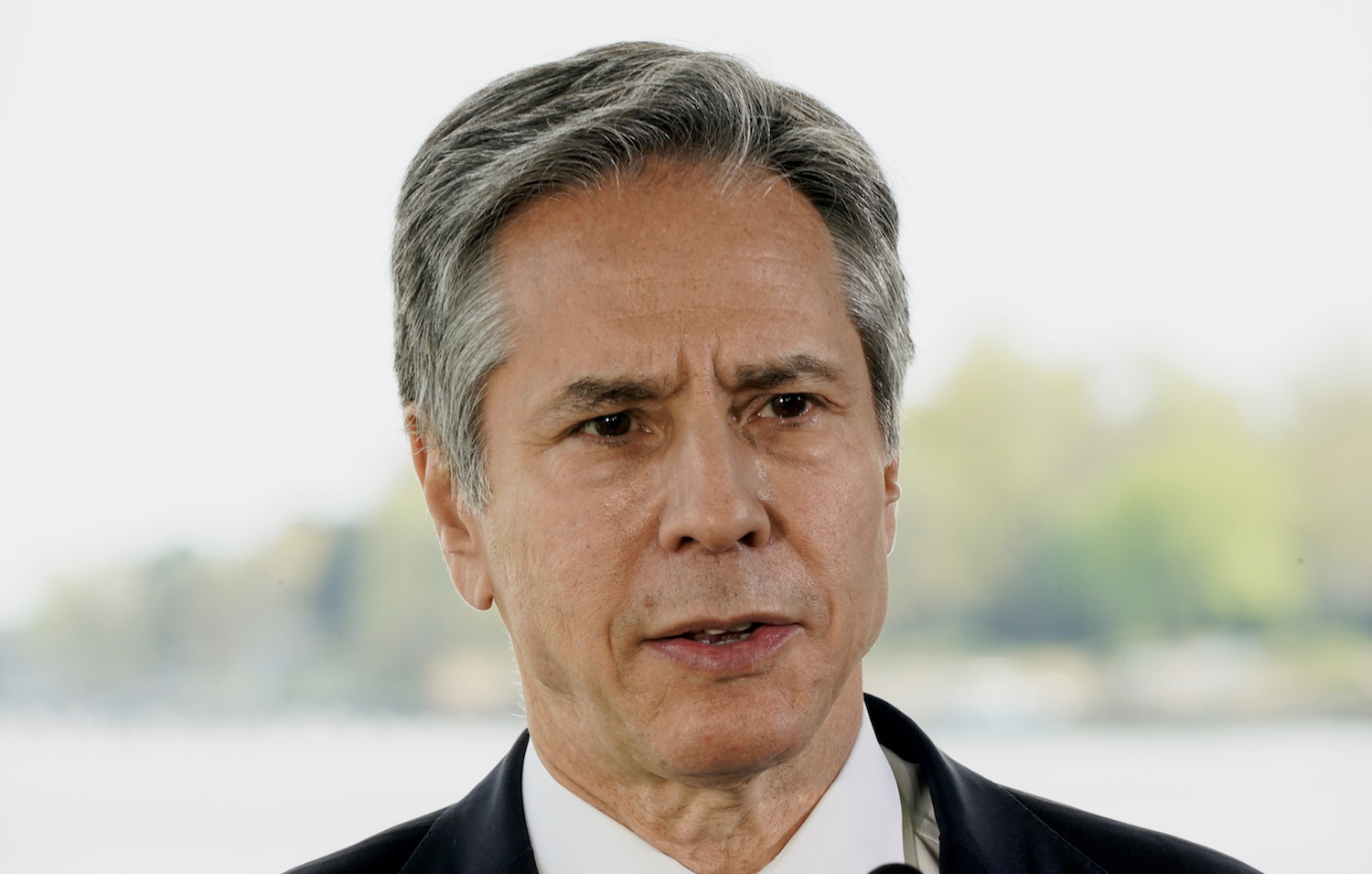Yemen resumes vaccination campaign as supplies dwindle
AL-MUKALLA: Hundreds of Yemenis thronged to health facilities across government-controlled areas to receive COVID-19 vaccines on Monday as the country resumed its campaign to inoculate thousands of vulnerable people.
Shortly after receiving 360,000 doses of the AstraZeneca vaccine, Yemen in April kicked off a national COVID-19 vaccination campaign, targeting health workers, the elderly and people with serious diseases.
The campaign was paused for several weeks due to poor turnout from the targeted groups, prompting health officials to consider opening vaccinations to the public at large.
But this week, health facilities saw unprecedented visits after Saudi Arabia made it mandatory for travelers from Yemen to receive a COVID-19 vaccination before crossing into the Kingdom.
Long queues of people seeking inoculation were seen on Monday outside hospitals and makeshift health centers in the southern cities of Aden, Taiz, Shabwa, Abyan, Lahj and Hadramout. Some health facilities closed doors after entire vaccine stocks were depleted, while others sent urgent appeals for more doses.
The provincial office of the ministry of health in Marib asked travelers to receive jabs at other facilities outside the province after it ran out of vaccines.
According to the official news agency SABA, Qasem Buhaibeh, Yemen’s health minister, said that Marib ran out of doses after health centers close to the Al-Wadiah border crossing with Saudi Arabia vaccinated 3,287 people in just two days.
The health ministry set up two new medical points to meet the surge in demand for vaccines from Yemenis looking to travel to the Kingdom, he added.
Health facilities in the densely populated city of Taiz also reported similar turnouts, with authorities warning that the 70,000 doses in the city “might be gone within a week.”
Dr. Ahmed Mansour, a health official in Taiz, told Arab News: “The number of people is big and our stock will last for one week. We have sent a request for 100,000 more doses.”
He urged the country’s health ministry to urgently dispatch further doses along with the salaries of health workers who are battling the virus and sudden influx of people seeking vaccines.
The Iran-backed Houthi militia have blocked the distribution of vaccines in areas under their control, which prompted the Yemeni government to urge health workers in Sanaa and other northern areas to head to southern provinces to receive the jab.
Mansour said that dozens of health workers have “secretly” received COVID-19 vaccines at health centers in Taiz since April.
“They came from Sanaa and Ibb. The Houthis neither offer health workers the vaccine nor allow them to travel to government areas to get it,” Mansour added.
Since the beginning of the pandemic, the Houthis have refused to disclose the true number of coronavirus deaths in territories under their control, and have blocked attempts by local and international organizations to investigate the crisis.
Dropping cases
The Aden-based National Coronavirus Committee and health officials who spoke to Arab News on Monday said that the number of daily recorded cases and patient admissions in intensive care units has dropped since the beginning of this month, after figures peaked in April.
On Sunday, the government’s committee reported nine new cases, three deaths, and 44 recoveries, bringing the total number of cases in government-controlled areas to 6,658, including 1,307 deaths and 3,245 recoveries.
Dr. Farooq Q. Naji, director of a COVID-19 treatment center in Aden, told Arab News that daily admissions to the center fell from 80 cases on April 23 to 36 cases on May 17.
Following the drop in infection rates, thousands of university students on Monday headed back to classes amid warnings against violating health guidelines, including compulsory mask wearing.

Yemeni army intercepts two Houthi drones, causing civilian casualties Arab coalition returns Houthi child recruit to Yemeni government



